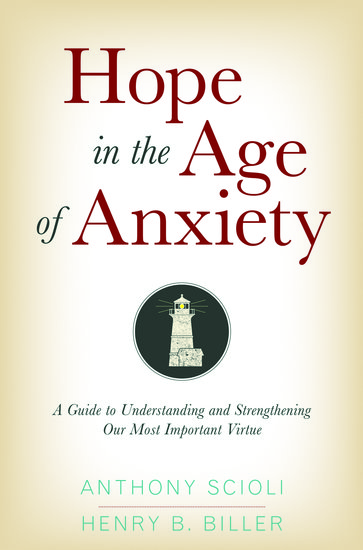Why football cannot last
By Anthony Scioli, Ph.D.
“Just look at the gladiators… and consider the blows they endure! Consider how they who have been well-disciplined prefer to accept a blow than ignominiously avoid it! How often it is made clear that they consider nothing other than the satisfaction of their [coach] or the [fans]! Even when they are covered with wounds they send a messenger to their [coach] to inquire his will.


